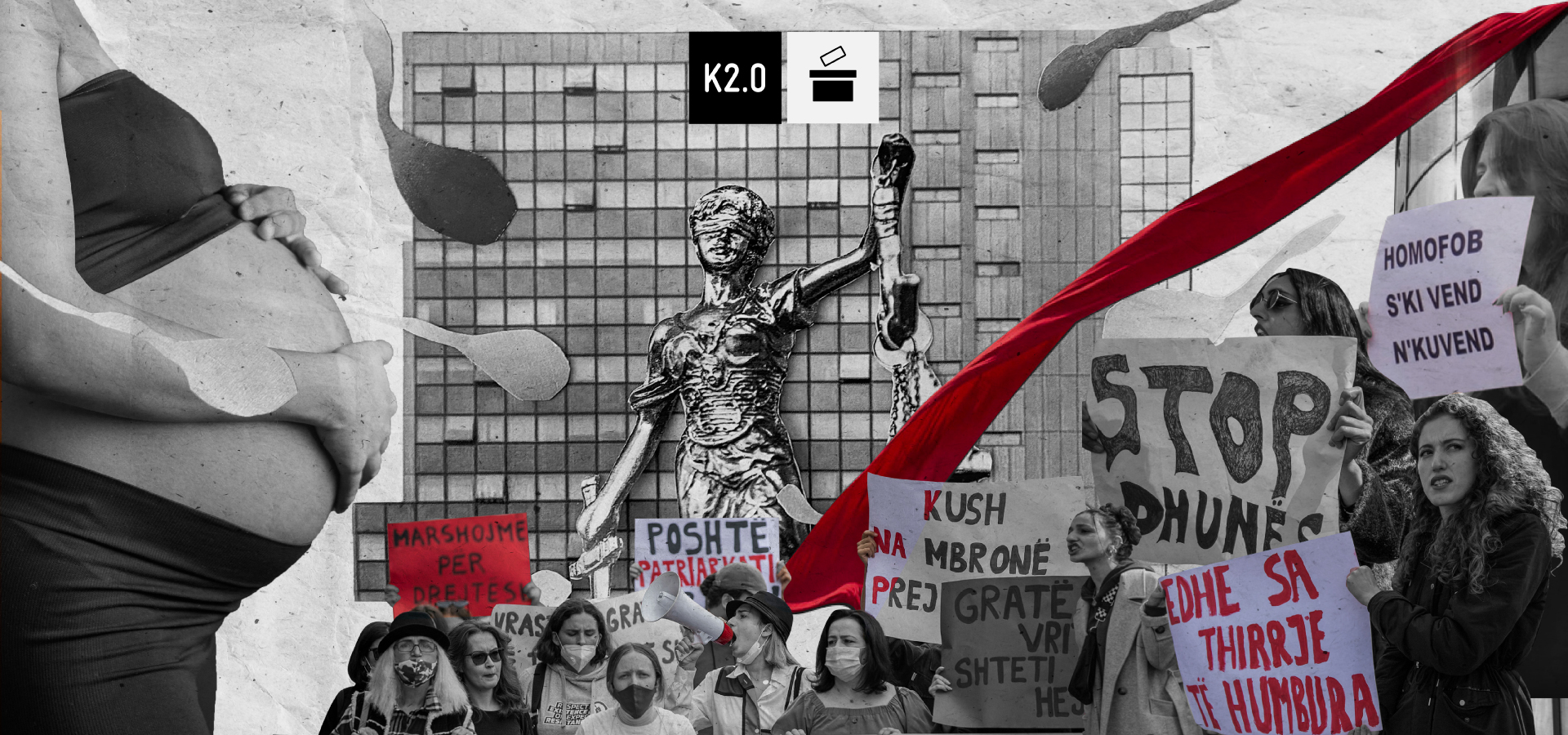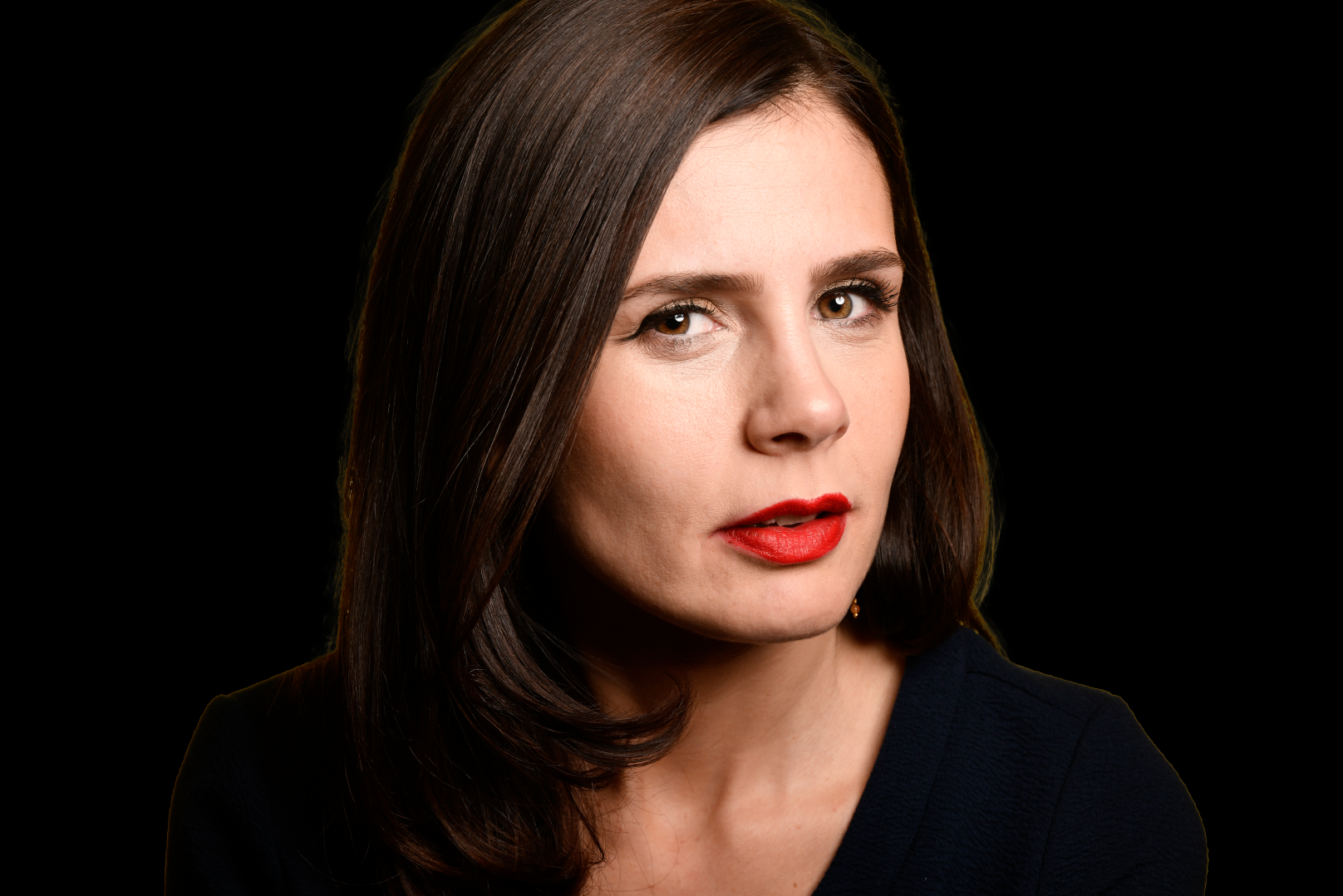
What do political platforms say about gender justice?
K2.0 analyzes political parties’ pledges.
|16.01.2025
|
Vetëvendosje
Democratic League of Kosovo
Democratic Party of Kosovo
AAK-NISMA Coalition

Dafina Halili
Dafina Halili is a senior journalist at K2.0, covering mainly human rights and social justice issues. Dafina has a master’s degree in diversity and the media from the University of Westminster in London, U.K..
This story was originally written in Albanian.